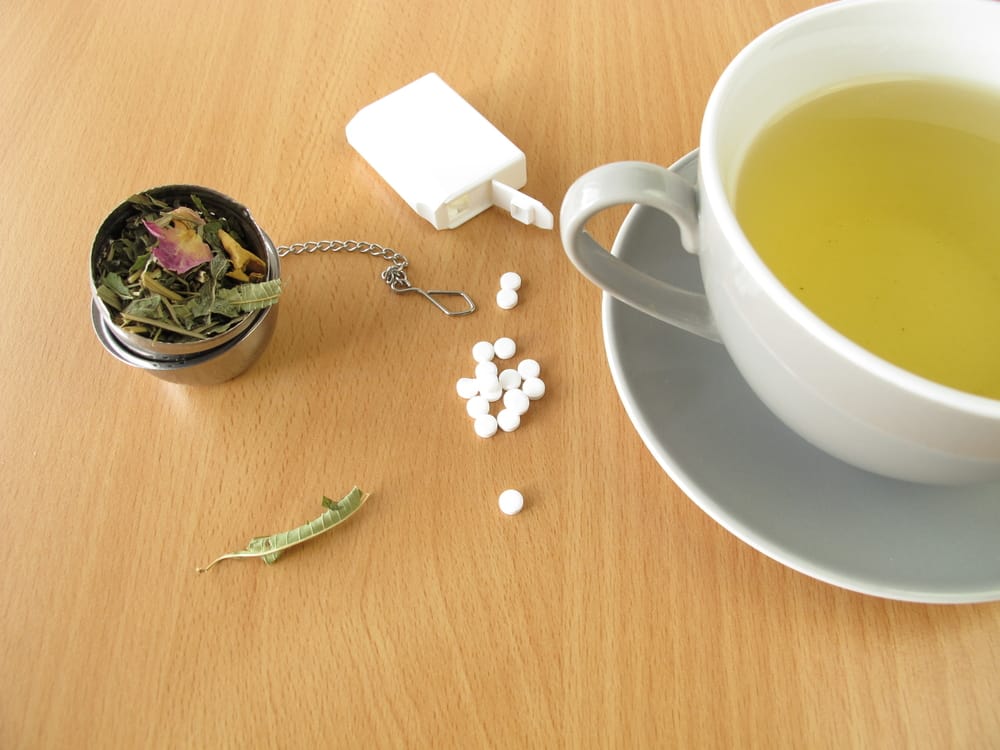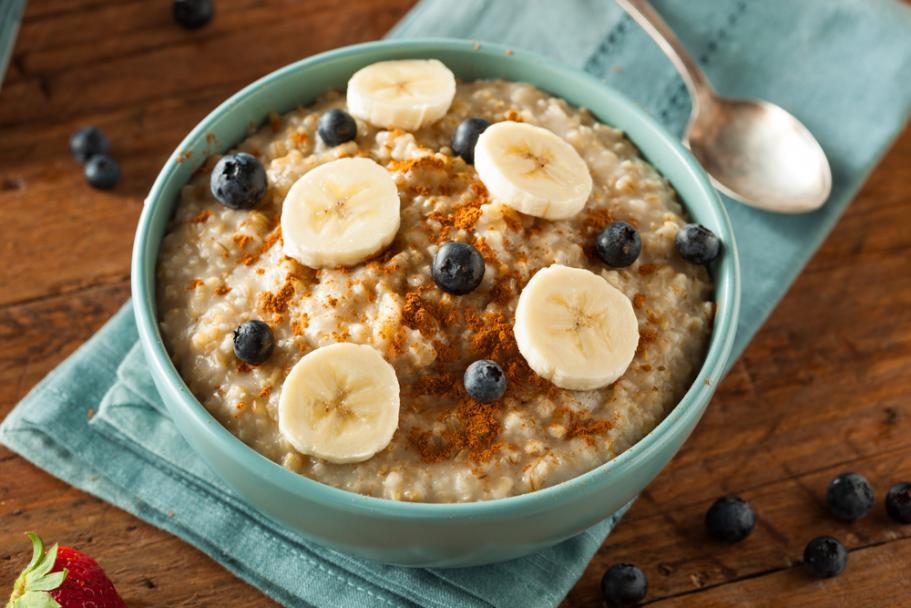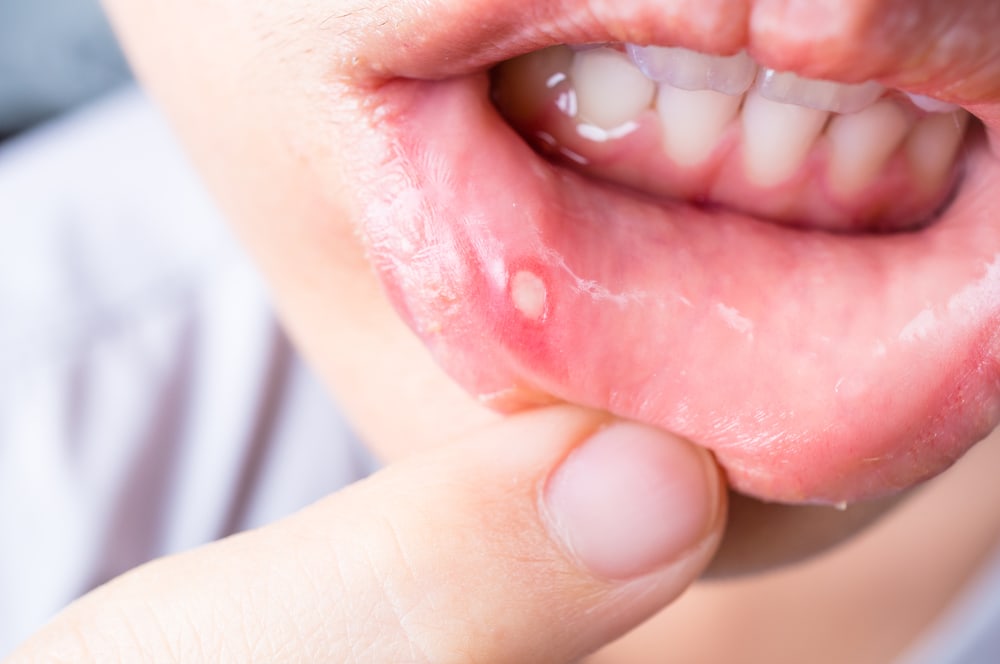Contents:
- Medical Video: Ultimate Guide to Low Carb Sweeteners | Blood Testing | Be Sure to Avoid These 3!!
- What are the assumptions about artificial sweeteners that must be removed from your mind?
- 1. Myth: Artificial sweeteners cause cancer
- 2. Myth: Artificial sweeteners cause blood sugar to rise
- 3. Myth: Artificial sweeteners only come from chemicals
Medical Video: Ultimate Guide to Low Carb Sweeteners | Blood Testing | Be Sure to Avoid These 3!!
If you are trying to control blood sugar, artificial sweeteners may be the right answer to sweeten your food or drink without risk. But sometimes there are some things that might make you doubt. Many myths about artificial sweeteners circulate out there, some of them are true, but some are not scientifically proven.
What are the assumptions about artificial sweeteners that must be removed from your mind?
Since the beginning of its presence, artificial sweeteners have drawn concern from various parties. The toxic effects that may be caused by artificial sweeteners are often associated with various health risks. Call it cancer, stroke, low birth weight, high blood pressure, vomiting, dizziness, and seizures.
So, which artificial sweetener myth is really a fact and which one is only a myth? You can check below.
1. Myth: Artificial sweeteners cause cancer
You may have read articles that artificial sweeteners can cause cancer. Artificial sweeteners which are often called have an effect carcinogenic or cancer-causing chemical compounds is aspartame.
In fact, use security aspartame has been researched and recognized by many national and international organizations, including the FAO / WHO Committee on Food Additives (JEFCA) and approved by the European parliamentary body for use as an artificial sweetener in foodstuffs on June 30, 1994.
In fact, in France it was approved since 1988. Threshold values /acceptable daily intake (ADI) that has been approved by JEFCA is 40 mg / kgBB / day which if converted to 18-19 cans diet cola in individuals who have a body weight of 68 kg.
The controversy over aspartame use does not only occur in Indonesia, but also in America and a number of other countries. However, so far the FDA and several other health organizations still say it is safe to consume based on the amount of research conducted in various parts of the world from time to time.
So, you should no longer believe the myth of artificial sweeteners causes cancer, you just need to consume them fairly within safe and not excessive limits.
2. Myth: Artificial sweeteners cause blood sugar to rise
Myth. This one artificial sweetener myth often scares diabetics. An Israeli study reports that artificial sweeteners can change the normal composition of good bacteria in the intestine. This also seems to affect how the body controls the sugar in the food you consume, which increases blood sugar levels.
This causes glucose intolerance, which can eventually trigger diabetes. In fact, there are more artificial sweeteners given to the participants of this study than is usually consumed by someone every day, although it is still within the recommended limits every day.
Further research is still needed regarding whether or not the results of the study are correct. As reported Mayo ClinicOne advantage of artificial sweeteners compared to sugar is that it does not cause an increase in blood sugar levels. Unlike sugar, artificial sweeteners are not carbohydrates. Because of this superiority, artificial sweeteners are often recommended for someone who has diabetes.
Although often used as a reference, use sugar substitute still can't be careless. You should consult a doctor before you, especially diabetics, want to replace the intake of sugar with artificial sweeteners.
3. Myth: Artificial sweeteners only come from chemicals
Myth. Although the name is artificial, synthetic sweeteners can be derived from plants or even sugar itself.
If all this time you only know aspartame, sucralose, or saccharin, there are artificial sweeteners or sugar substitutes from plants, namely stevia. Stevia is a substitute for sugar that is extracted from the leaves of plants Stevia rebaudiana.
Stevia it feels sweet thanks to the content of steviol glycosides in it. These compounds make stevia feel 250-300 times sweeter than sucrose or ordinary sugar.
One study reported that besides not containing carbohydrates and calories, stevia also does not affect blood sugar or insulin response. By consuming stevia, diabetics are also thought to be able to consume more types of food and meet healthy eating plans.
Other studies report that stevia is very little, does not even have any effect on insulin levels, blood glucose, hypertension, and weight. Blood sugar levels after eating in diabetics were reported to be reduced when consuming stevia.












